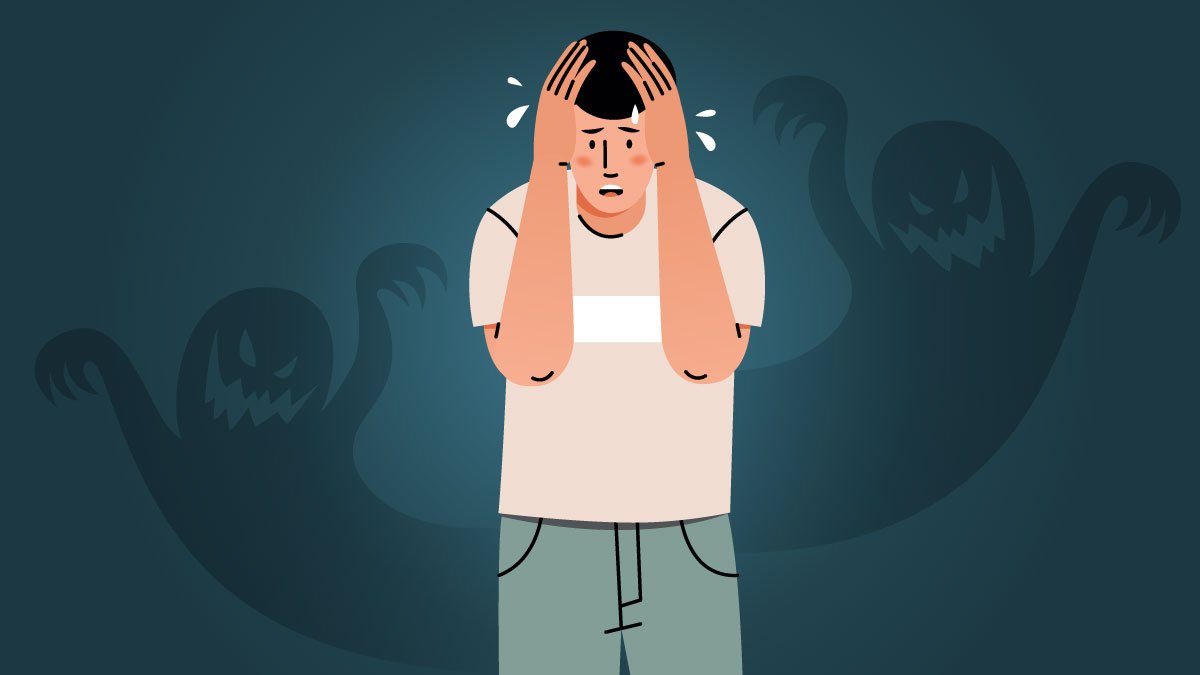
Social and mental health issues are pervasive, affecting millions of people worldwide. Despite the significant impact they can have on individuals and communities, it’s crucial to understand that these challenges do not signify the end of the world. With the right support, understanding, and resources, individuals can manage their conditions and lead fulfilling lives. This article explores the nature of social and mental health issues, the importance of seeking help, and the pathways to recovery and resilience.
Understanding Social and Mental Health Issues
Mental Health Disorders: Mental health disorders encompass a wide range of conditions that affect mood, thinking, and behavior. Common disorders include depression, anxiety, bipolar disorder, and schizophrenia. These conditions can lead to significant distress and impair daily functioning.
Social Issues: Social health pertains to how individuals interact within their communities and relationships. Problems such as isolation, bullying, discrimination, and domestic violence can profoundly impact one’s mental well-being. These issues can create a cycle where mental health problems exacerbate social difficulties and vice versa.
The Importance of Seeking Help
Breaking the Stigma: One of the most significant barriers to addressing mental health issues is the stigma associated with them. Many people feel ashamed or embarrassed to seek help, fearing judgment from others. It is essential to challenge these stigmas and promote a culture of openness and acceptance.
Professional Support: Mental health professionals, including therapists, counselors, and psychiatrists, provide invaluable support. Therapy can help individuals understand their thoughts and behaviors, develop coping strategies, and work through underlying issues. In some cases, medication may be necessary to manage symptoms effectively.
Community and Peer Support: Support from friends, family, and peers can be incredibly beneficial. Joining support groups or communities where individuals share similar experiences can provide a sense of belonging and reduce feelings of isolation.
Pathways to Recovery and Resilience
Self-Care: Self-care practices, such as regular exercise, a balanced diet, adequate sleep, and mindfulness activities, play a crucial role in managing mental health. These practices help maintain physical health, which is closely linked to mental well-being.
Education and Awareness: Increasing awareness about mental health issues can lead to better understanding and compassion. Educational programs in schools, workplaces, and communities can teach individuals how to recognize signs of mental health problems and how to seek help.
Building Resilience: Resilience is the ability to bounce back from adversity. Developing resilience involves building strong, supportive relationships, fostering a positive self-image, and maintaining an optimistic outlook. Techniques such as cognitive-behavioral therapy (CBT) can help individuals reframe negative thoughts and develop healthier coping mechanisms.
Advocacy and Policy: Advocating for better mental health policies and funding is vital. Governments and organizations need to prioritize mental health, ensuring that resources and support systems are accessible to all who need them.
Facing social and mental health issues can be daunting, but it’s important to remember that it’s not the end of the world. With the right support and resources, individuals can navigate these challenges and lead meaningful, productive lives. Society must continue to break down the barriers of stigma, promote mental health awareness, and provide comprehensive support systems to ensure that everyone has the opportunity to thrive. Mental health is a journey, and with patience, understanding, and resilience, a brighter future is within reach for everyone.






